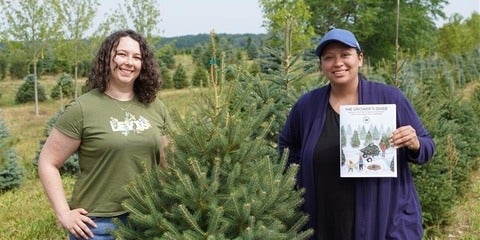SERS signs MOU with Canadian Wildlife Federation
SERS and the Canadian Wildlife Federation signed a Memorandum of Understanding which will see us collaborate to advance biodiversity conservation and educational innovation across Canada and pursue new academic and research projects together.




